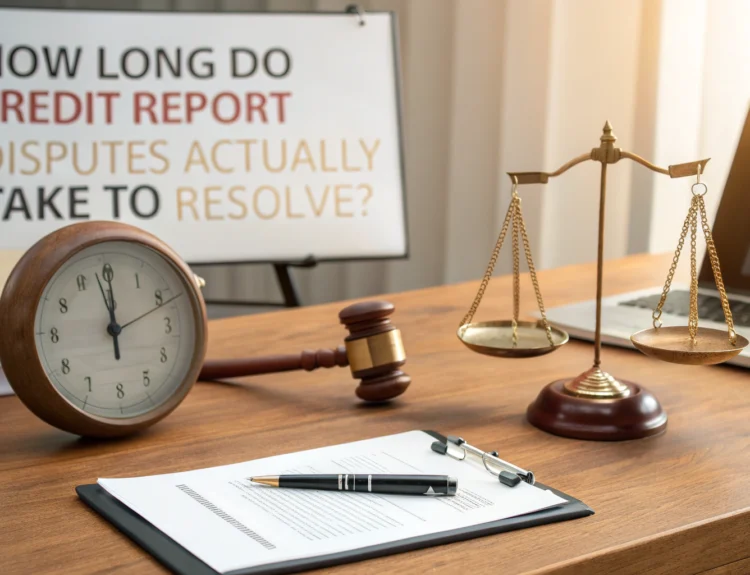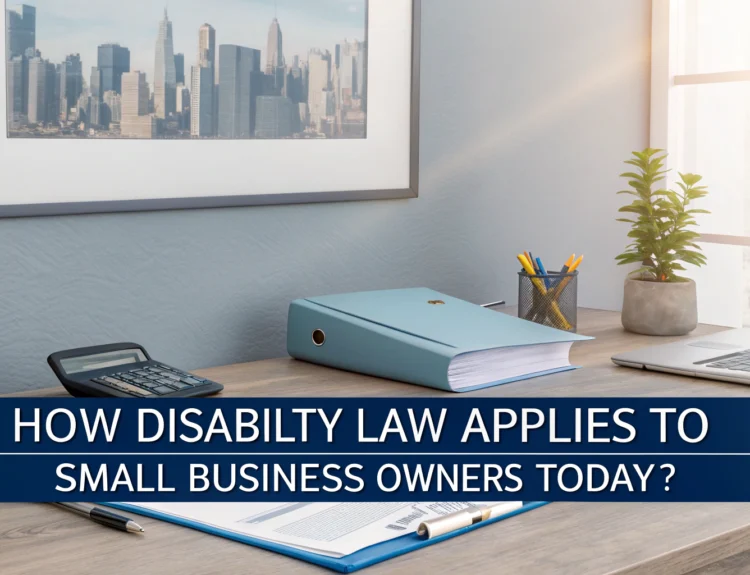Wisely stewarding a tough personal injury case is no small feat. Clients, often reeling from their injuries and the associated emotional tolls, sometimes find it hard to button up, especially when their words could turn the tide of their case. For lawyers, the challenge isn’t just in the courtroom – it’s also in coaching their clients to understand that when it comes to talking about their case, sometimes, less is definitely more.
Your words have consequences
The first step is breaking it down simply for them: “Your words are powerful,” one might say, “and in the ears of an insurance company or opposing counsel, they can be twisted and turned in ways we don’t want.” It’s about planting the seed that their case is like a delicate puzzle, and every word they utter could either place a piece perfectly or scatter it to the winds. This isn’t about silencing them – it’s about strategizing for victory.
Out-of-context
A number of states, but especially Arizona sees many personal injuries, especially from car accidents, partly because of its hazardous roads which is why personal injury attorneys in AZ highlight the need for caution, as even innocent actions can be misinterpreted and used against someone. When you’re looking for a personal injury attorney Mesa AZ is the place to be. The legal professionals there really get how tricky things can get with surveillance and the inconvenience of being taken out of context. Clients need to understand that oversharing these days isn’t just about yakking too much to insurance people. It’s those social media vents, the off-the-cuff remarks to buddies, or those “just for fun” posts that can really backfire.
Empathy is the lawyer’s best tool here. Acknowledging the client’s pain, frustration, and need to share their story is crucial. This isn’t about bottling up their emotions but finding the right time, place, and way to express them that won’t jeopardize their case. It can be therapeutic to provide alternatives, such as journaling their thoughts privately or speaking openly in controlled environments, such as the lawyer’s office, where the conversation is privileged and confidential.
Explaining the Why
It’s vital to empower them with the ‘why.’ This isn’t just legal strategy; it’s about protecting them and their case. By drawing a clear line between talking and winning, clients can start to see the value in measured silence. Encouraging questions, offering detailed examples of past cases where talking too much did damage, and constantly reinforcing the message that they’re a team working towards the same goal can bridge understanding.
Guiding difficult personal injury clients to talk less isn’t about muzzling them—it’s about equipping them with the wisdom to navigate their case successfully. It’s a fine balance, requiring patience, empathy, and clear communication. But with the right approach, lawyers can help their clients understand that in the legal battlefield, sometimes the strongest weapon is strategic silence.




